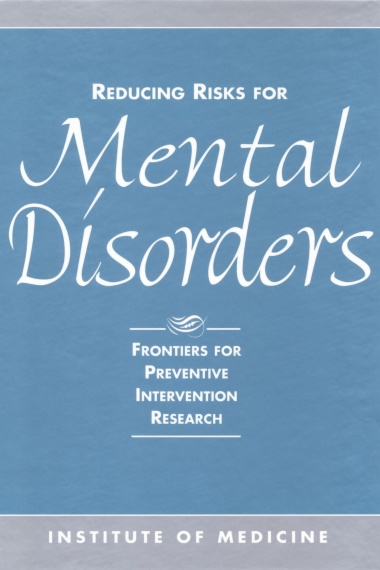

The understanding of how to reduce risk factors for mental disorders has expanded remarkably as a result of recent scientific advances. This study, mandated by Congress, reviews those advances in the context of current research and provides a targeted definition of prevention and a conceptual framework that emphasizes risk reduction.
Highlighting opportunities for and barriers to interventions, the book draws on successful models for the prevention of cardiovascular disease, injuries, and smoking. In addition, it reviews the risk factors associated with Alzheimer's disease, schizophrenia, alcohol abuse and dependence, depressive disorders, and conduct disorders and evaluates current illustrative prevention programs.
The models and examination provide a framework for the design, application, and evaluation of interventions intended to prevent mental disorders and the transfer of knowledge about prevention from research to clinical practice. The book presents a focused research agenda, with recommendations on how to develop effective intervention programs, create a cadre of prevention researchers, and improve coordination among federal agencies.